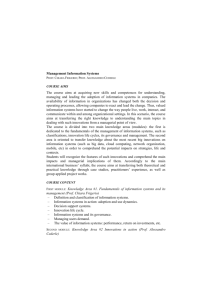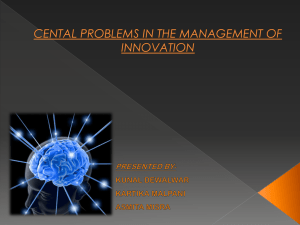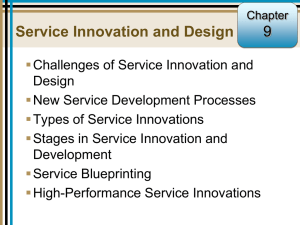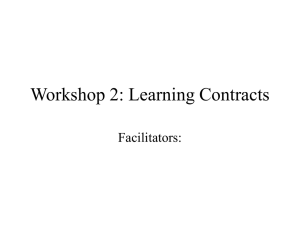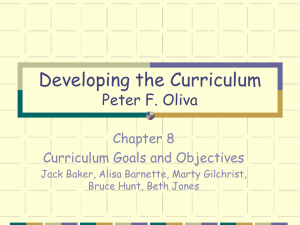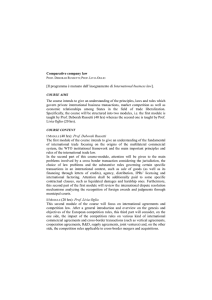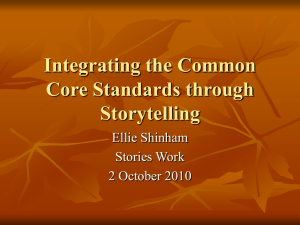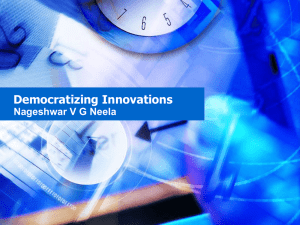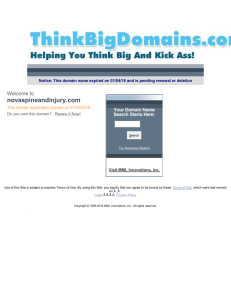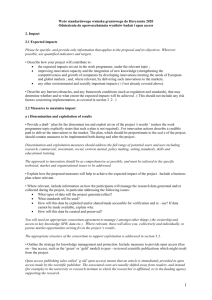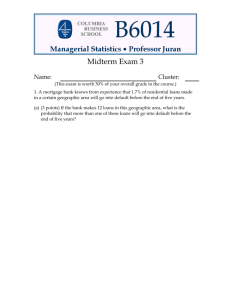Management information systems
advertisement
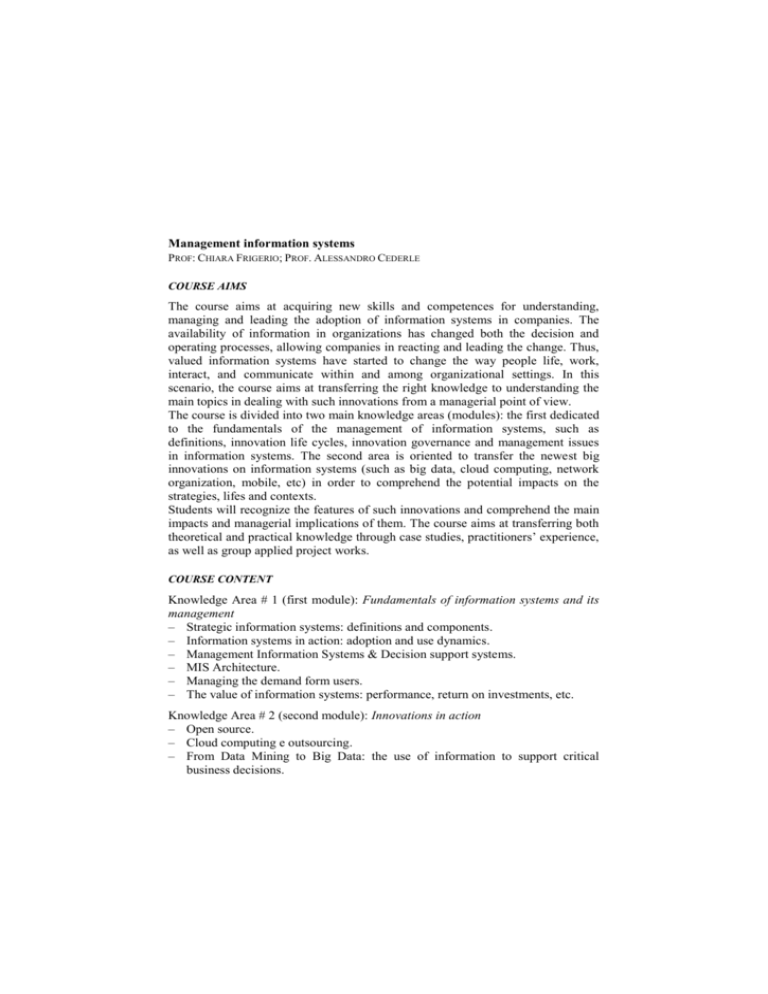
Management information systems PROF: CHIARA FRIGERIO; PROF. ALESSANDRO CEDERLE COURSE AIMS The course aims at acquiring new skills and competences for understanding, managing and leading the adoption of information systems in companies. The availability of information in organizations has changed both the decision and operating processes, allowing companies in reacting and leading the change. Thus, valued information systems have started to change the way people life, work, interact, and communicate within and among organizational settings. In this scenario, the course aims at transferring the right knowledge to understanding the main topics in dealing with such innovations from a managerial point of view. The course is divided into two main knowledge areas (modules): the first dedicated to the fundamentals of the management of information systems, such as definitions, innovation life cycles, innovation governance and management issues in information systems. The second area is oriented to transfer the newest big innovations on information systems (such as big data, cloud computing, network organization, mobile, etc) in order to comprehend the potential impacts on the strategies, lifes and contexts. Students will recognize the features of such innovations and comprehend the main impacts and managerial implications of them. The course aims at transferring both theoretical and practical knowledge through case studies, practitioners’ experience, as well as group applied project works. COURSE CONTENT Knowledge Area # 1 (first module): Fundamentals of information systems and its management – Strategic information systems: definitions and components. – Information systems in action: adoption and use dynamics. – Management Information Systems & Decision support systems. – MIS Architecture. – Managing the demand form users. – The value of information systems: performance, return on investments, etc. Knowledge Area # 2 (second module): Innovations in action – Open source. – Cloud computing e outsourcing. – From Data Mining to Big Data: the use of information to support critical business decisions. – – – – Mobile devices, mobile strategy. Social media – social network marketing. E-commerce. How to implement innovation through change. READING LIST For both attending and non-attending students: K.E. PEARLSON-C.S. SAUNDERS, Strategic Management of Information Systems, 5th ed. International Student Version, ISBN: 978-1-118-32254-3, Paperback and E-book version. Readings and other course materials available electronically via Blackboard online system. TEACHING METHOD Throughout the course a variety of teaching methods is used to encourage active learning. We combine formal teaching with projects, role-plays, simulations, case histories, managers and entrepreneurs’ speeches. Blackboard online system will be hardly used for interacting with students. Specific coursework assignments and a group project work are requested to attendees. ASSESSMENT METHOD For non-attending students the final exam is composed by an individual written exam on the handbook. The attendees are assessed through an individual written exam on the content of the first module (during the mid-term week), as well as a group project work, which counts for the 60% of the overall mark. The gourp project work is coached by Prof. Cederle, should be delivered by the end of the course, and will be presented orally by the all group to the professors.
